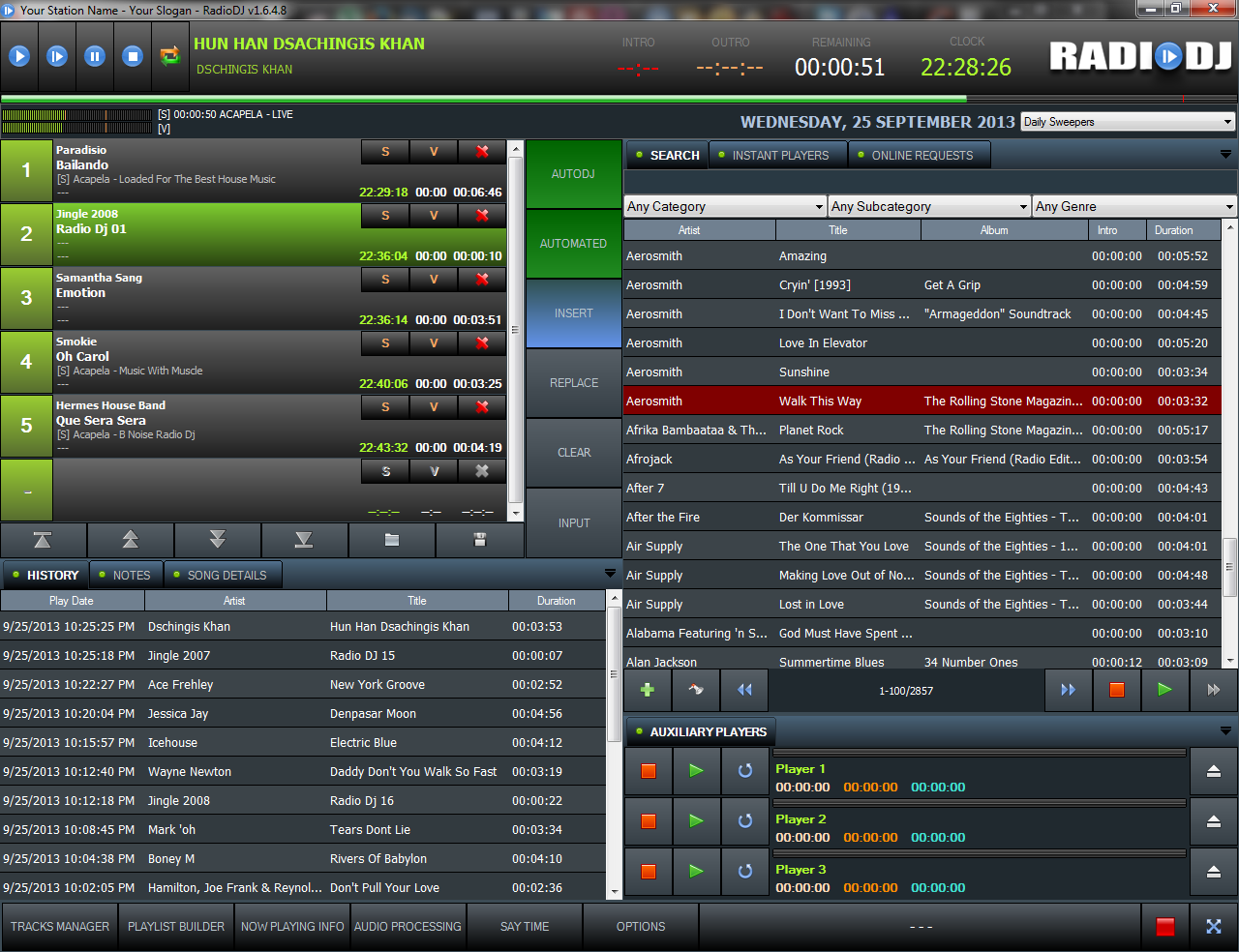
- #WILL SAM BROADCASTER PRO WOTK WITH WINDOWS 10 UPGRADE#
- #WILL SAM BROADCASTER PRO WOTK WITH WINDOWS 10 PRO#
The XPG Legend 960 2TB is a double-sided design featuring a four-package flash array composed of 512Gbit Micron 176-layer B47R flash behind a Silicon Motion SM2264 8-channel controller along with 2GB DDR4 onboard DRAM. Additionally, and as it relates to the Legend 960, ADATA's newest also proved that SMI's SM2264 controller is the best performing of all third-party PCIe Gen4 controller options in the consumer space. This is significant because Micron's B47R is likely the most prolific flash in the consumer space. A short time ago, we reviewed ADATA's 1TB Legend 960 PCIe Gen4 SSD and found it to be the best performing Micron B47R arrayed SSD we'd ever tested. Let's get into the subject of this review, ADATA's awesome 960 Legend. Okay, enough about our newly upgraded SSD test platform. The pecking order remains 99% in line with all previous user experience rankings, with the one notable exception being Plextor's M10P 1TB, now surpassing the SK hynix P41 Platinum in overall user experience ranking. Some gained a tiny bit of performance overall, and some lost a tiny bit of performance overall.
#WILL SAM BROADCASTER PRO WOTK WITH WINDOWS 10 UPGRADE#
So, with this upgrade and mass retesting of everything on the most current version of Windows 11 Pro, everything is on an absolutely level playing field. What this means is 22H2, in comparison with 21H2, is, for whatever reason, serving up a small performance decrease on the SSD front. Those tested on 21H2 lost a tiny bit of performance despite being run on a slightly faster platform, and those few that were tested previously on version 22H2 typically gained a slight bit of performance. all of them being retested on 22H2 a pattern emerged. the few of those to date tested on version 22H2 vs.
#WILL SAM BROADCASTER PRO WOTK WITH WINDOWS 10 PRO#
And as we found when retesting the trove of SSDs that were tested on Windows 11 Pro version 21H2 vs. It's all about IPC, as illustrated by the following chart:Īn IPC increase of 1% isn't going to change things much, if at all, as it relates to SSD performance.


This is also exactly why Intel still delivers superior storage performance to that of AMD as well as why Zen 4 delivers so much better storage performance than Zen 3. SSD performance is very much an expression of the CPU IPC (Instructions per Clock) capabilities which is why we see a substantial SSD performance increase going from Rocket Lake to Alder Lake but very little, if any, when going from Alder Lake to Raptor Lake.

So, what's changed regarding SSD performance when controlled by Intel's 13th Gen CPUs? Overall, not much. These update-induced performance changes are typically very minor, making, as we see it, keeping Windows current more advantageous than not as it relates to delivering reviews that are most relevant in the moment. Whenever we have a year's worth of testing results on our charts spanning 75 or so SSDs tested, there will inevitably be Windows update-induced performance changes it's how things are. Updating our test platform also improves conformity, resulting in a more apples-to-apples comparison between SSDs. Popular Now: US military shoots down octagonal-shaped UFO on Super Bowl Sunday


 0 kommentar(er)
0 kommentar(er)
